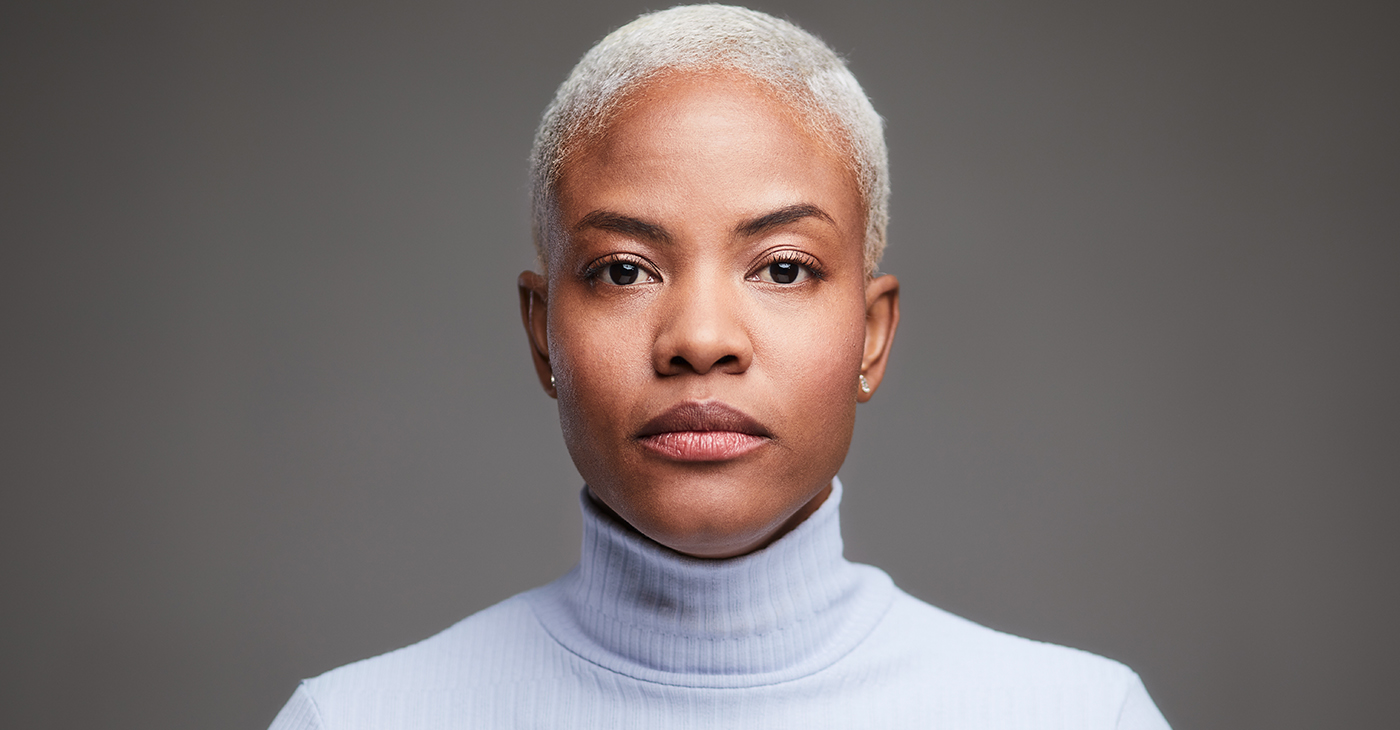
The BWR Justice Project is supported by The Moriah Fund, Sephora, Family Values @Work Labor Project for Working Families, Oxfam America and Groundswell Fund. (Photo: iStockphoto / NNPA)
Washington, DC – In early November, the Black Women’s Roundtable launched its “BWR Racial, Economic, Health, Gender and Reproductive Justice Project” to address the racial, gender, economic and health bias impacting Black women and their families.
The Black Women’s Roundtable serves as the National Coalition on Black Civic Participation’s leadership development, mentoring, intergenerational and power building arm for Black women and girls.
NCBCP president and CEO and National BWR convener, Melanie Campbell shared, “The BWR Justice Project was developed to address key race, pocketbook and safety issues identified in the 5th Annual BWR/ESSENCE Magazine “Power of the Sister Vote” Poll released in September 2019 and other past research conducted by NCBCP and BWR.
The BWR/ESSENCE ’19 Poll indicated the top issues Black women are most concerned about are racism/hate crimes, affordable health care, equal rights/equal pay, criminal justice/policing reform; affordable healthcare; gun violence and gun safety, affordable housing/gentrification, college affordability/student loan debt, high cost of prescription drugs and more.”
Additionally, economic justice research conducted by the Black Women’s Roundtable (including the 2019 BWR Report on the “State of Black Women in the U. S.”), shows that “Black women are still the foundation of Black family financial power. And for most Black women, work Is not an option, it’s a necessary precondition for survival for themselves and their families. As a result, some 70 percent of Black women are primary breadwinners for their family unit. This compares to only 24 percent of white women who are the critical lynchpin in their family’s economic well-being. Over half (55 percent) of all Black families with children are headed by a single mother. And among single mother-headed families, fully 46 percent live in poverty.”
With regard to gender and health justice, BWR-sponsored studies have also revealed that the top issues that Black women want their national elected officials to address are to protect Medicare, Medicaid, Social Security and affordable healthcare. Further, reproductive justice issues of concern to black women include — the escalation of attacks on women’s rights to control their own bodies is on the rise by right-wing extremists on the federal and state level. Over the past year, several state legislatures have also passed laws to limit women’s reproductive rights. These states include Alabama, Arkansas, Florida and Georgia. Planned Parenthood has reported that “Anti-women’s health politicians are attacking access to reproductive health care and sex education at the state level through dangerous bills, regulations and executive actions. These attacks include attempting to ‘defund’ Planned Parenthood health centers, limit health care coverage for birth control, and promote abstinence-only-until-marriage programs.”
The BWR Justice Project goals and outcomes include:
- Promoting the adoption of work/family policies for women and working families to achieve security and prosperity now and for future generations, including paid leave, paid sick days, equal rights, equal pay, entrepreneurship, raising minimum wage and workers’ rights on a federal, state and local level.
- Promoting quality of life policies to secure economic, health & reproductive justice, including affordable healthcare, protect Medicaid, Medicare & Social Security and other safety-net federal and state-based policies.
- Focus on engaging the powerful intergenerational voices of Black women to educate local, state and national leaders and policy-makers on the importance of enacting public policies to improve health care, economic opportunity, quality of employment and public education for Black women, families and communities.
In 2020, The BWR Justice Project will include organizing BWR ”Power of the Sister Vote” town hall meetings during the 2020 presidential election primaries; release of its 2020 Presidential Election Non-Partisan Voter Guide; hosting its Annual BWR Women of Power National Summit on March 4 – 8, 2020 in Arlington, VA; as well as forums, listening sessions and summits organized by BWR state-based networks in MS, NC, OH, PA and SC.
The BWR Justice Project is supported by The Moriah Fund, Sephora, Family Values @Work Labor Project for Working Families, Oxfam America and Groundswell Fund.



